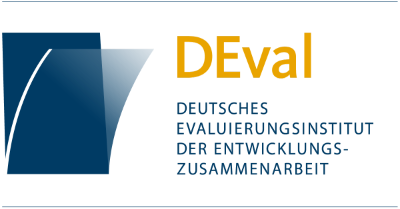Der Zwischenstand der Agenda 2030 im Sommer 2023 zeigt, dass die 17 Ziele für nachhaltige Entwicklung bei dem aktuell zu beobachtenden Fortschritt bis 2030 nicht erreicht werden können. Hinzu kommt, dass die Nachwirkungen der Covid-19-Pandemie, die zahlreichen Kriege und Konfikte sowie wirtschaftliche Herausforderungen die Zielerreichung weiter zurückwerfen dürften. Die Vereinten Nationen (UN) riefen daher im Jahr der Halbzeit der Agenda 2030 alle Staaten auf, ihre Anstrengungen zu intensivieren. Dabei sind auch alle Bürger*innen nach wie vor gefragt, eigene Beiträge zu einer nachhaltigen globalen Entwicklung zu leisten. Vor diesem Hintergrund ist es wichtig, die öfentliche Wahrnehmung der Agenda 2030 kontinuierlich zu beobachten. Das Deutsche Evaluierungsinstitut der Entwicklungszusammenarbeit (DEval) hat daher untersucht, wie sich die Bekanntheit der SDGs seit 2015 und die Einstellung der Bevölkerung Deutschlands zur Agenda 2030 im Vergleich zu 2017 verändert haben.
Bibliographische Angaben

